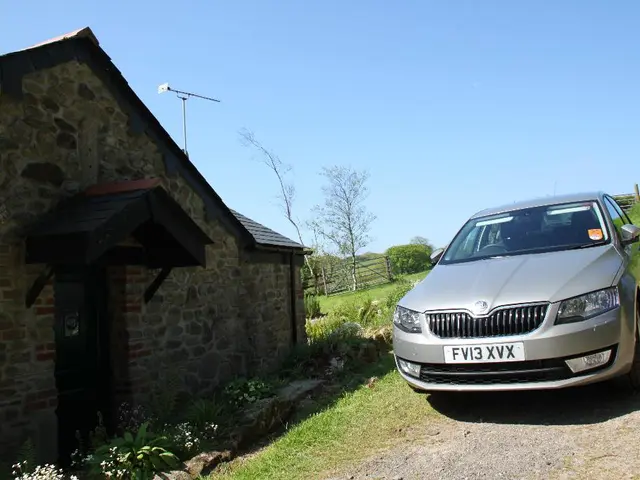WMCA's £1.5m Air Quality Sensor Network to Boost Pollution Monitoring
The West Midlands Combined Authority (WMCA) is set to significantly boost air quality monitoring with a new network of 90 sensors. Securing £1.5m in government funding, the project aims to understand pollution trends, target investment, and support behaviour change campaigns. The data will be made publicly available online later this year.
WMCA Mayor Richard Parker sees these sensors as a powerful tool to combat pollution and inform communities about air quality. The sensors, to be installed across the region, will provide the first comprehensive monitoring of microscopic particles from sources like wood burners, vehicle tyres, and factories.
Asthma + Lung UK has welcomed the installation of the first sensor at Pegasus Academy, a school near main roads. The data collected will help local people understand pollution levels and sources in their area, potentially saving lives. Around 2,300 people in the West Midlands die early each year due to long-term exposure to air pollution.
The project is part of the first West Midlands-wide Air Quality Framework, involving various stakeholders. With the new sensors, the region will gain a clearer picture of its air quality, enabling targeted action and supporting behaviour change campaigns.








